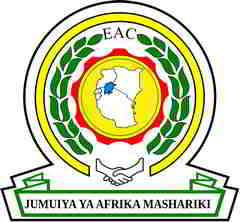
Readily available, effective, and low-cost healthcare has become extremely important, especially in light of high population growth rates. This is true for human medicines but also for veterinary medicines. On the African continent, there is an increase in meat and milk consumption in the recent years. This is largely driven by population growth and rising incomes in developing countries. The use of veterinary medicines can result in deposition of the medicines’ residues in muscles and organs of animals. Consumption of these residues in animal products may pose health risk to consumers including development of antibiotic resistance, bacteria, allergy, reproductive disorder, and hypersensitivity reaction. Therefore, safe, effective and quality-assured pharmaceutical products and their regulation, both for humans as well as for animals, are required. In principle, there are no differences in quality requirements for veterinary and human medicinal products (with some exceptions).
Currently, challenges persist in the East African Community in the areas of product development, regulation, quality assurance, safe manufacturing, standards, among others – for human as well as veterinary medicines.
Despite the requirement to follow GMP standards for production of human and veterinary medicines, not all actively producing these products comply with international GMP standards and not all regulators understand international best practises when it comes to regulation of these products. Given the importance of the pharmaceutical sector to the EAC region and its potential to improve public health and promote economic development this online human capacity development course introduces Good Manufacturing Practices for medicines and healthcare products, including veterinary medicines. The course focuses on World Health Organization (WHO) GMP standards and requirements and other major GMPs such as EU GMP. The course participants will learn about GMP requirements, including procedural, organisational and infrastructural aspects, as well as about the GMP inspection process. They will be able to critically analyse and implement basic GMP requirements in their daily working routine in the manufacturing and regulatory environment. In the end, these capacity building measures will make participants from local manufacturers and national regulatory authorities better equipped for production and regulation of quality assured (veterinary) medicines in line with national and international standards and this is set to improve the sector.
- Lead facilitator: Christina Foerg-Wimmer